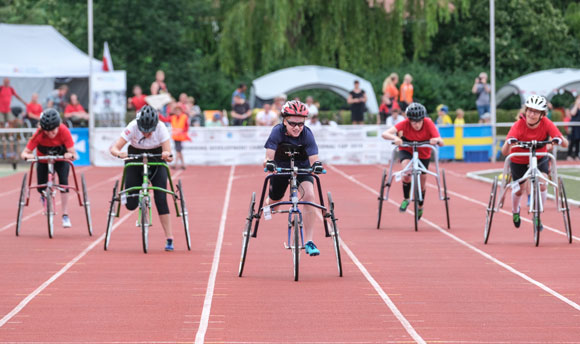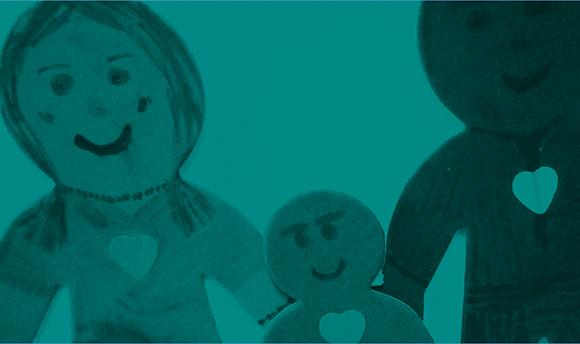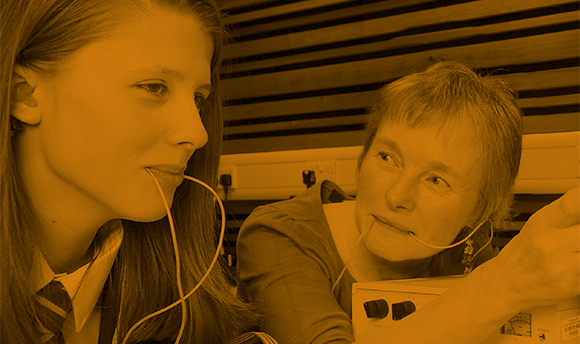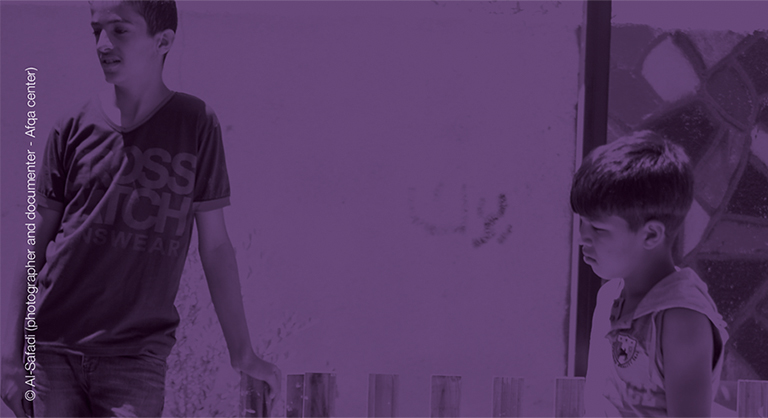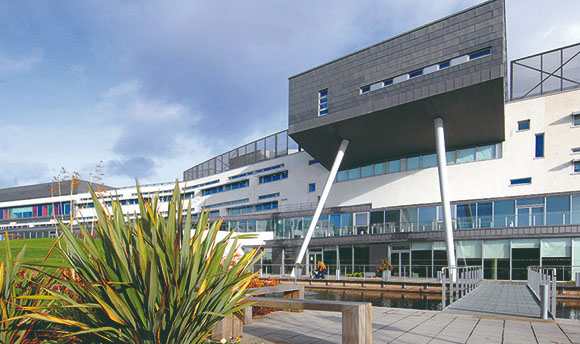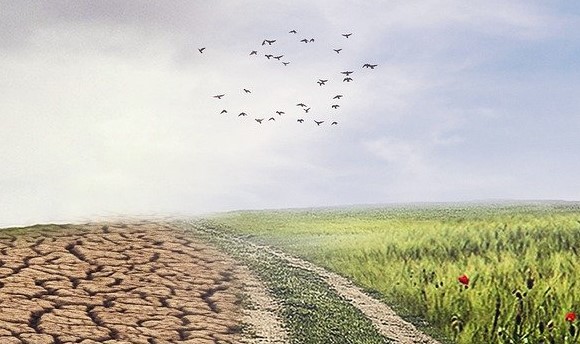Film festivals, audiences and Covid-19; Crisis, community and digital comeback.
- Project
- Where might this research lead?
- How will the funding help you?
- Useful Contacts
- Industry value
- Intellectual value
The research aims to better understand how COVID-19 has had a strategic impact on film festivals in Scotland as they have had to shift to digital modes of film exhibition while retaining characteristics (sense of liveness, community and festivity) that distinguish them from domestic film consumption and cinema exhibition. This research investigates what the changes due to the current crisis have meant for producers and audience communities, and what it could mean for recovery in social and cultural terms.
This research is centred on the changing cultural landscape through a focus on film festivals in Scotland. It aims to capture the changing landscape of the operational and strategic response to COVID-19 by film festivals in Scotland, seeking to understand the changes caused by a rapid shift to digital, and provide a space for the lived voices of festival producers within these organisations. Moreover, the project will present an evidence-based picture of the social and cultural impacts on the various communities that festivals serve (general audiences, diasporas, marginal groups, volunteers, young people, elderly patrons), engaging in wider debates about the effects of COVID-19 inÌý terms of loss of community, mental health, isolation and inequalities.
While consideration of financial impact and recovery are pertinent, this project is interested in the social and cultural ramifications of COVID-19 on film festivals and their audiences and communities.
The project brings together Dr. Lesley-Ann Dickson, who is an experienced film festival researcher, specialising in case study research and social methods, and Dr, Rebecca Finkel, who is an experienced cultural festivals researcher, specialising in creative qualitative approaches and social change issues. We are excited to undertake this current, relevant research that has the potential to further understanding about this innovative topic at unprecedented times as well as make an impactful contribution for the benefit of our film festival network. Broadly speaking, festivals have undergone a period of global cancellation and now many are developing strategic ways of delivering events online. Such is the case with film festivals in Scotland, where several events have repackaged their offering as digital (or blended) exhibitions. Film festivals are arguably distinct live events because they exhibit pre-recorded content (non-live texts) in live spaces (often with accompanying live content, Q&As, panels, etc.). This is what makes film festival-going unique from year-round cinema entertainment and domestic/mobile film consumption. This has also meant that film festivals have been able to transition online more fluidly than live performance events (e.g. music concerts, theatre). Given these changes at this unprecedented time, we seek to contribute to the compilation of a historic record of the way the pandemic has transformed film festivals in Scotland.
Contact: Drs Lesley-Ann Dickson and Rebecca Finkel
Staff profiles:
Lesley-Ann Dickson staff profile
Rebecca Finkel staff profileÌý
Division: MCPA/Queen Margaret Business School
The digital film festival poses a range of questions about the realities and practicalities for festival organisers responding to the crisis, and the operational processes, pressures and challenges they face especially in aesthetically and experimentally reconfiguring their events as digital exhibitions. This project will create a macro picture of the operational and strategic response to COVID-19 by film festival in Scotland and provide a space for the lived voices of festival producers within these organisations. Moreover, the project will present an evidence-based picture of the social and cultural impact on the communities that festivals serve, engaging in wider debates about the effects of COVID-19 in terms of mental health, isolation, and inequalities. The project will produce a report, including a digital exhibition Toolkit, which will be a guide based on audience research and shared industry learning. This also can be used for ‘building back better’ with regard to accessibility, inclusion and diversity, meaning that marginalised communities are included in strategies for recovery. Additionally, the project will work towards developing a network amongst film festivals to approach recovery in a collaborative – as opposed to competitive – manner and can respond to audience needs productively and successfully for sustainability.
Ìý
The spatial and experiential shift for festivals challenges current understandings of film festival as global phenomenon. Film festival scholars have argued that site, space, and place are inherent features which make film festivals unique institutions (Harbord 2002). Conceptualisations suggest festivals are networked hubs where place is both international and local (Wong 2011), socially constructed community spaces where shared experience and divergent performativity play out (Dayan 2000), and sites where embodied practice is mobilised (Dickson2014). Such imaginings are challenged in this new context when we see public viewing become private viewing, when physical space turns virtual space, when urban/regional/rural place is reconfigured as domestic place, and where festival-going becomes festival- viewing. In response to these spatial and temporal shifts, the project team will use empirical findings to reconsider film festivals as socially constructed events (Dayan 2000).
